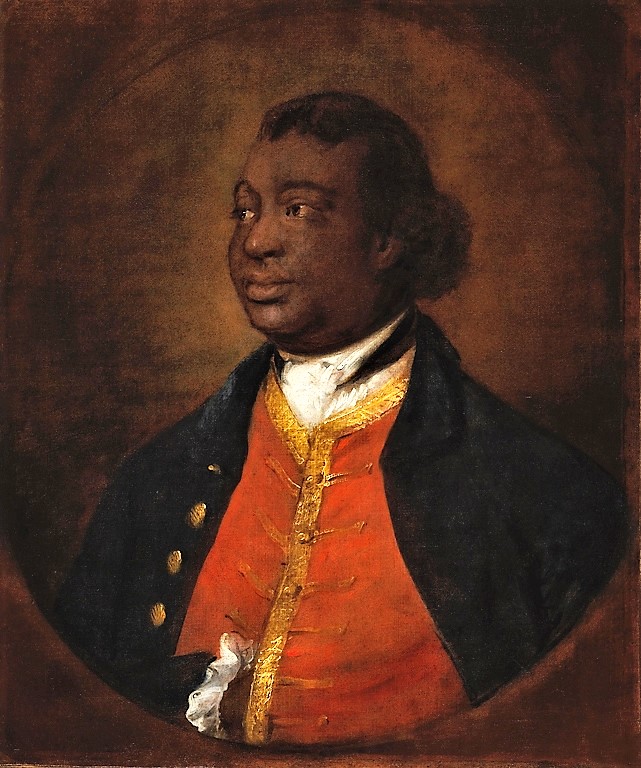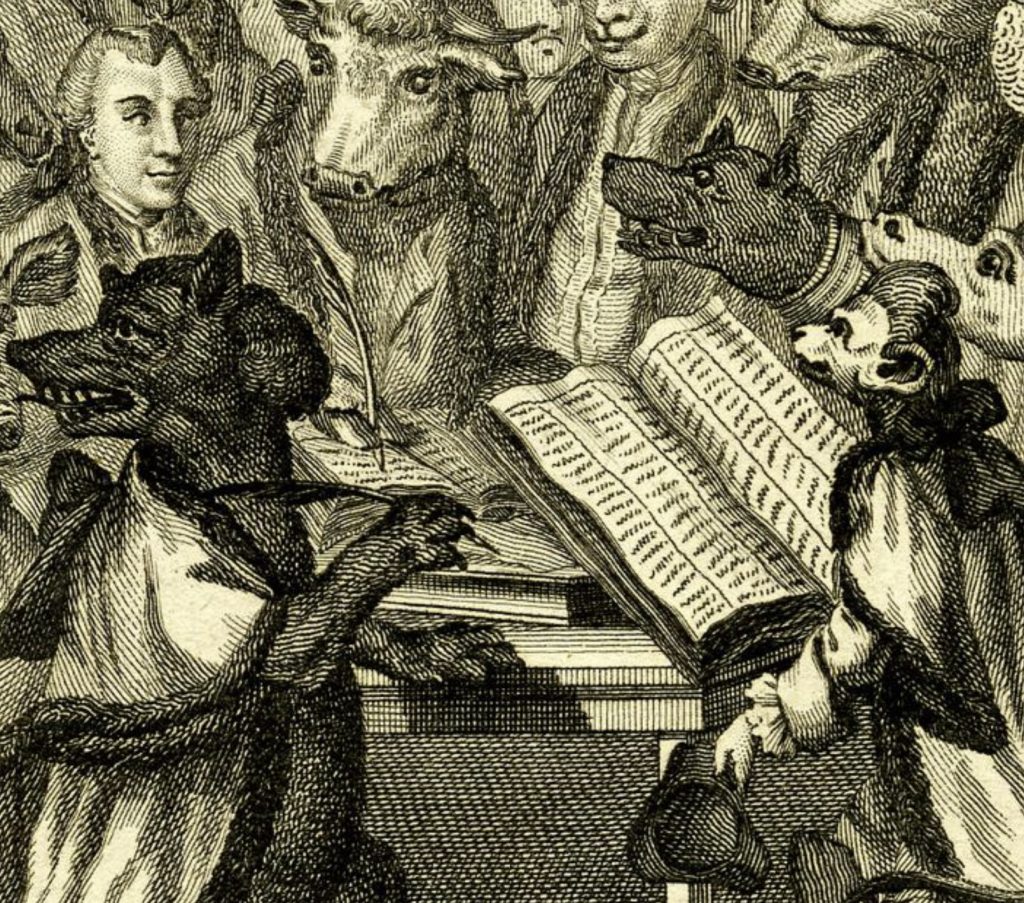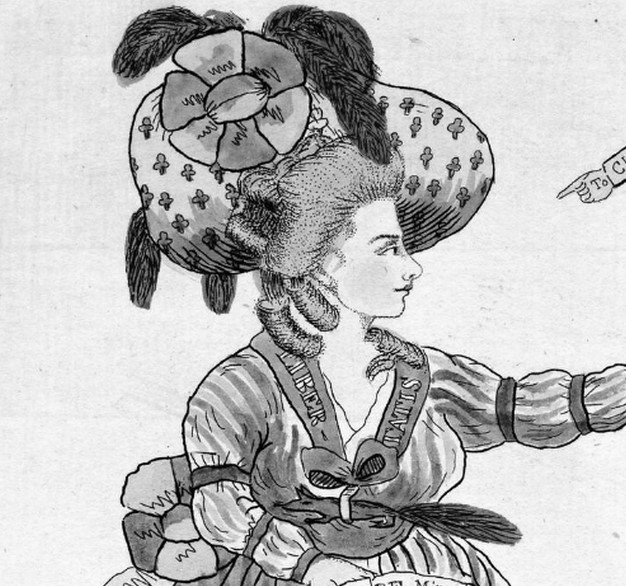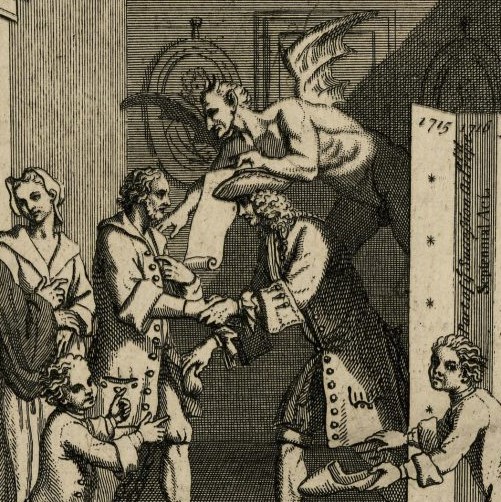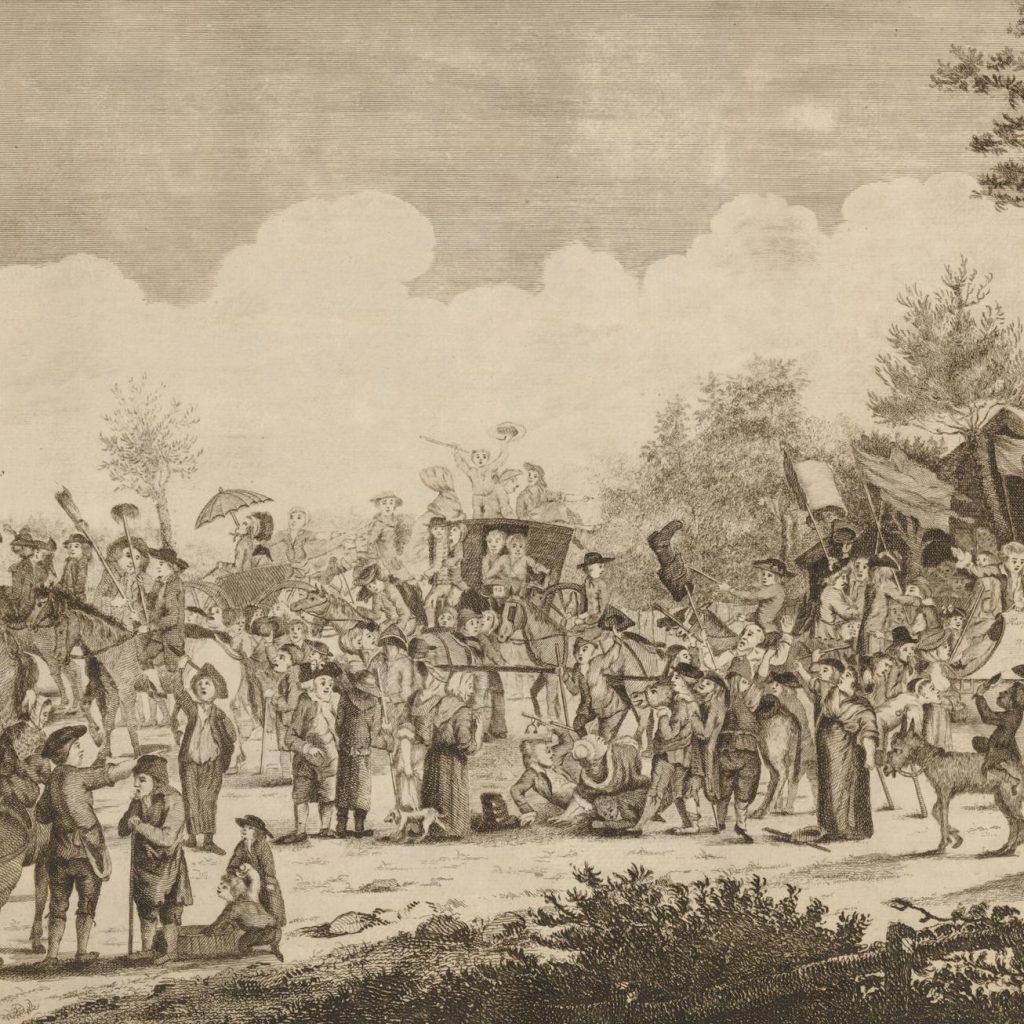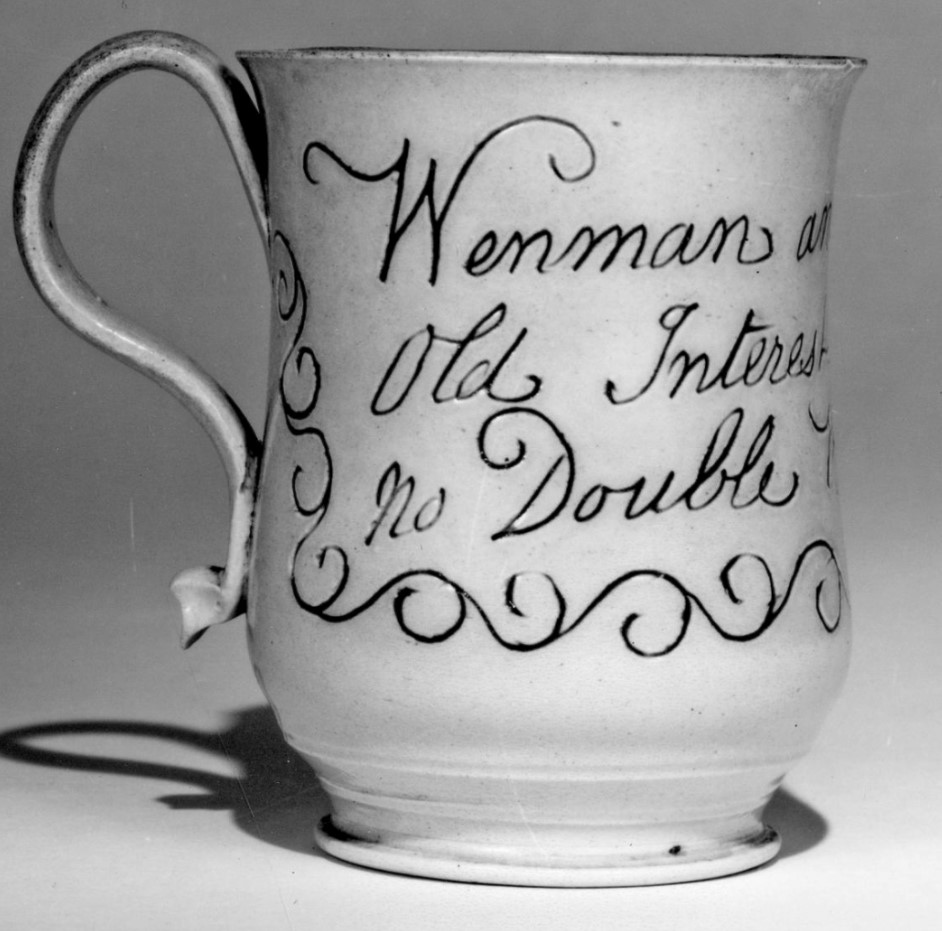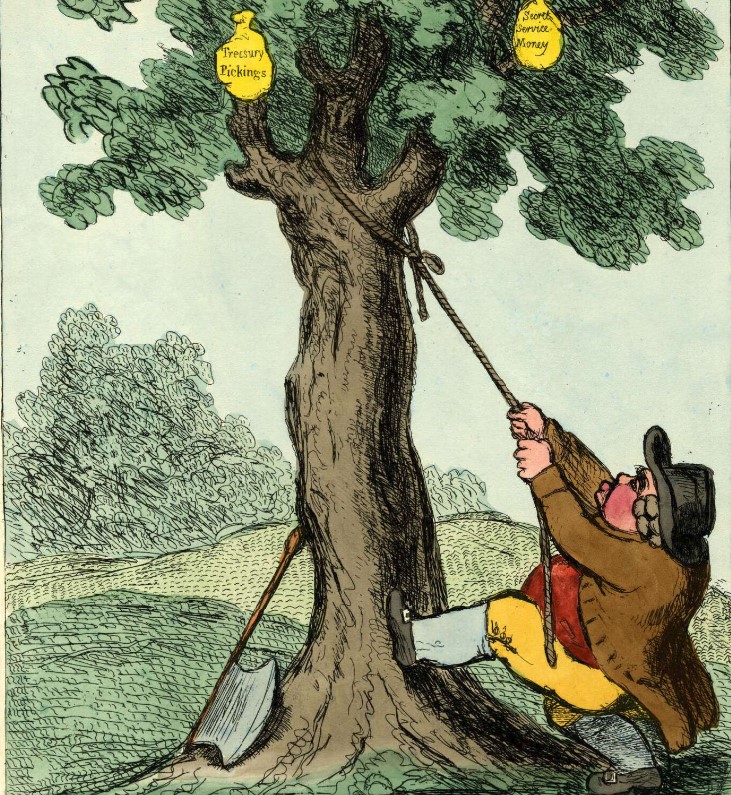Slavery and abolition could be contentious platform issues in 18th-century England [15-minute read] Understandings of Slavery In eighteenth-century political discourse, ‘slavery’ was a potent but often imprecise term, used across the century to describe many kinds of personal, political or religious oppression rather than specifically the ownership of people as property, as we now generally […]
Slavery, Abolition & Black Voters
